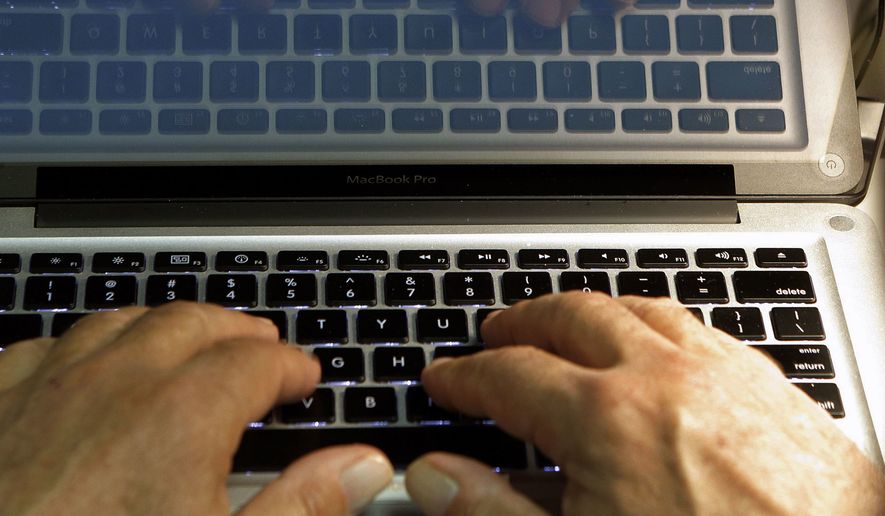Microsoft’s president and chief legal officer called on the world’s governments Tuesday to adopt a “Digital Geneva Convention” intended to safeguard civilians from state-sponsored cyberattacks.
Citing the growing number of computer intrusions and the associated risks therein, Microsoft’s Brad Smith urged tech sector stakeholders from around the globe this week to consider adopting a multilateral treaty aimed to ensure ordinary internet users aren’t affected by future cyberattacks.
“Just as the Fourth Geneva Convention has long protected civilians in times of war, we now need a Digital Geneva Convention that will commit governments to protecting civilians from nation-state attacks in times of peace,” Mr. Smith wrote in a blog post Tuesday. “And just as the Fourth Geneva Convention recognized that the protection of civilians required the active involvement of the Red Cross, protection against nation-state cyberattacks requires the active assistance of technology companies.”
The longtime Microsoft employee reiterated his proposal to a packed crowd in San Francisco where it served as the basis for the opening keynote address at the annual RSA computer security conference.
“Let’s face it, cyberspace is the new battlefield,” he told attendees, according to USA Today.
As a consequence, Mr. Smith said, the tech sector must be committed to “100 percent defense and zero percent offense.”
“We need a convention that will call on the world’s governments to pledge that they will not engage in cyberattacks on the private sector, that they will not target civilian infrastructure whether it’s of the electrical or the economic or the political variety,” he said.
Mr. Smith specifically cited the 2014 hacking of Sony Pictures Entertainment as a “visible turning point” regarding the expansion of nation-state cyberattacks, the likes of which was purportedly waged by North Korean hackers against Hollywood in “retaliation for free expression,” as he described it.
More recently, various facets of the Democratic Party were compromised in the couple years after by supposed Russian-sponsored hackers who conducted cyber campaigns that wavered between espionage and sabotage, according to the U.S. intelligence community.
“We suddenly find ourselves living in a world where nothing seems off limits to nation-state attacks,” Mr. Smith wrote Tuesday. “Conflicts between nations are no longer confined to the ground, sea and air, as cyberspace has become a potential new and global battleground. There are increasing risks of governments attempting to exploit or even weaponize software to achieve national security objectives, and governmental investments in cyber offense are continuing to grow.
“This is not the world that the internet’s inventors envisioned 25 years ago,” he added. “But it’s the world that we inhabit today. And as the private citizens thrust into this challenge, the question for all of us in the tech sector is what we will do to address it.”
• Andrew Blake can be reached at ablake@washingtontimes.com.




Please read our comment policy before commenting.